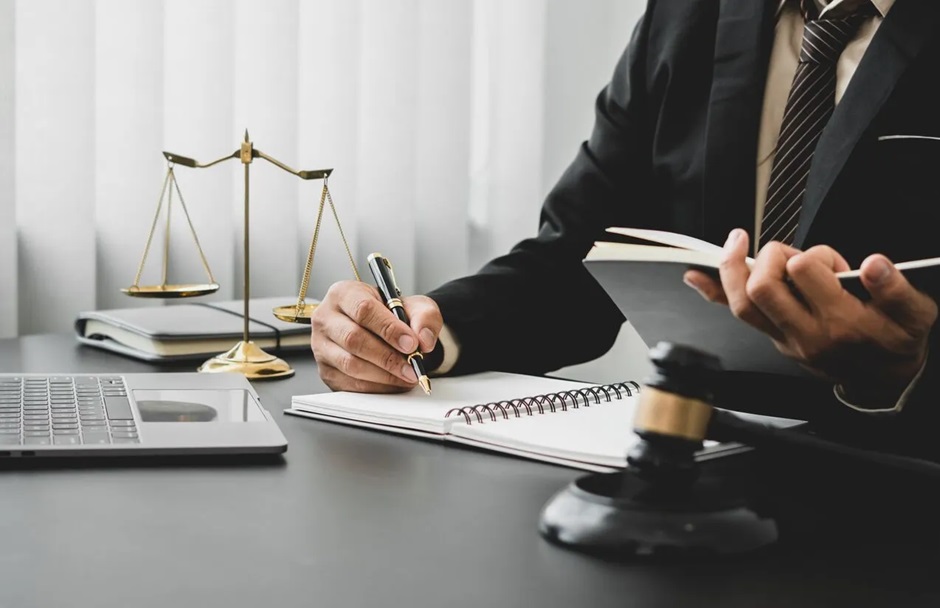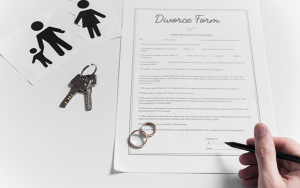Accidents on the road can be traumatic and overwhelming, especially when dealing with the aftermath of a car crash. In such times, having a knowledgeable and experienced car crash lawyer can be crucial in navigating the complex legal landscape and ensuring that your rights are protected. This guide will provide a comprehensive overview of how to work effectively with a car crash lawyer and what to expect throughout the legal process.
Understanding the Role of a Car Crash Lawyer
A car crash lawyer specializes in representing clients involved in automobile accidents. Their primary role is to advocate for your rights and help you obtain fair compensation for damages and injuries sustained in the crash. This includes handling insurance claims, negotiating settlements, and, if necessary, representing you in court.
Initial Consultation: What to Expect
The first step in working with a car crash lawyer is the initial consultation. This meeting is an opportunity for you to discuss the details of your case and for the lawyer to evaluate its merits. During this consultation, you should prepare to provide the following information:
- Accident Report: A detailed account of the crash, including any police reports.
- Medical Records: Documentation of injuries and treatment received.
- Insurance Information: Details of your insurance policy and the at-fault party’s insurance.
- Witness Statements: Any statements from witnesses who observed the accident.
Your lawyer will review these documents, assess the strength of your case, and advise you on the best course of action.
Building Your Case: Investigation and Evidence Gathering
Once you decide to proceed with legal action, your car crash lawyer will begin building your case. This involves:
- Collecting Evidence: Gathering all relevant evidence, including photographs of the accident scene, vehicle damage, and medical records. They may also obtain traffic camera footage or expert testimonies to strengthen your case.
- Interviewing Witnesses: Speaking with witnesses to gather additional information and support your version of events.
- Consulting Experts: Engaging accident reconstruction experts, medical professionals, or financial analysts to provide insights and testimony.
The goal during this phase is to establish liability and demonstrate the extent of your damages.
Negotiating with Insurance Companies
One of the critical functions of a car crash lawyer is to negotiate with insurance companies on your behalf. Insurance adjusters often aim to settle claims for as little as possible, which can be detrimental to your financial recovery. Your lawyer will:
- Assess Damages: Calculate the full extent of your damages, including medical expenses, lost wages, pain and suffering, and property damage.
- Prepare Settlement Offers: Present a well-supported demand for compensation based on your damages.
- Negotiate Settlements: Engage in negotiations with the insurance company to reach a fair settlement. Your lawyer will use their expertise to counter lowball offers and ensure you receive adequate compensation.
Filing a Lawsuit: When Negotiations Fall Short
If negotiations with the insurance company do not lead to a satisfactory settlement, your lawyer may recommend filing a lawsuit. This involves:
- Preparing the Complaint: Drafting and filing a formal complaint outlining your claims against the at-fault party.
- Discovery Process: Engaging in discovery, where both parties exchange information and evidence related to the case.
- Pre-Trial Motions: Addressing any pre-trial motions or disputes that may arise.
- Trial Preparation: Preparing for trial by organizing evidence, preparing witnesses, and developing legal arguments.
The Trial Process
Should your case proceed to trial, your car crash lawyer will represent you in court. This involves:
- Presenting Your Case: Presenting evidence, calling witnesses, and making legal arguments to support your claim.
- Cross-Examination: Cross-examining the opposing party’s witnesses to challenge their testimony and evidence.
- Closing Arguments: Summarizing your case and arguing for a favorable verdict.
Post-Trial Considerations
After the trial, there may be additional considerations, such as:
- Appeals: If you are dissatisfied with the verdict, your lawyer can advise on the possibility of an appeal.
- Settlement of Damages: Ensuring that any awarded damages are collected and disbursed appropriately.
Conclusion
Navigating the legal process following a car crash can be complex and challenging. Working with an experienced car crash lawyer can significantly impact the outcome of your case. From the initial consultation to the resolution of your case, a skilled lawyer will provide invaluable guidance and advocacy. By understanding the role of a car crash lawyer and the steps involved, you can better prepare for the legal journey ahead and focus on your recovery.
If you’ve been involved in a car accident, consider seeking professional legal advice to ensure your rights are protected and that you receive the compensation you deserve.




